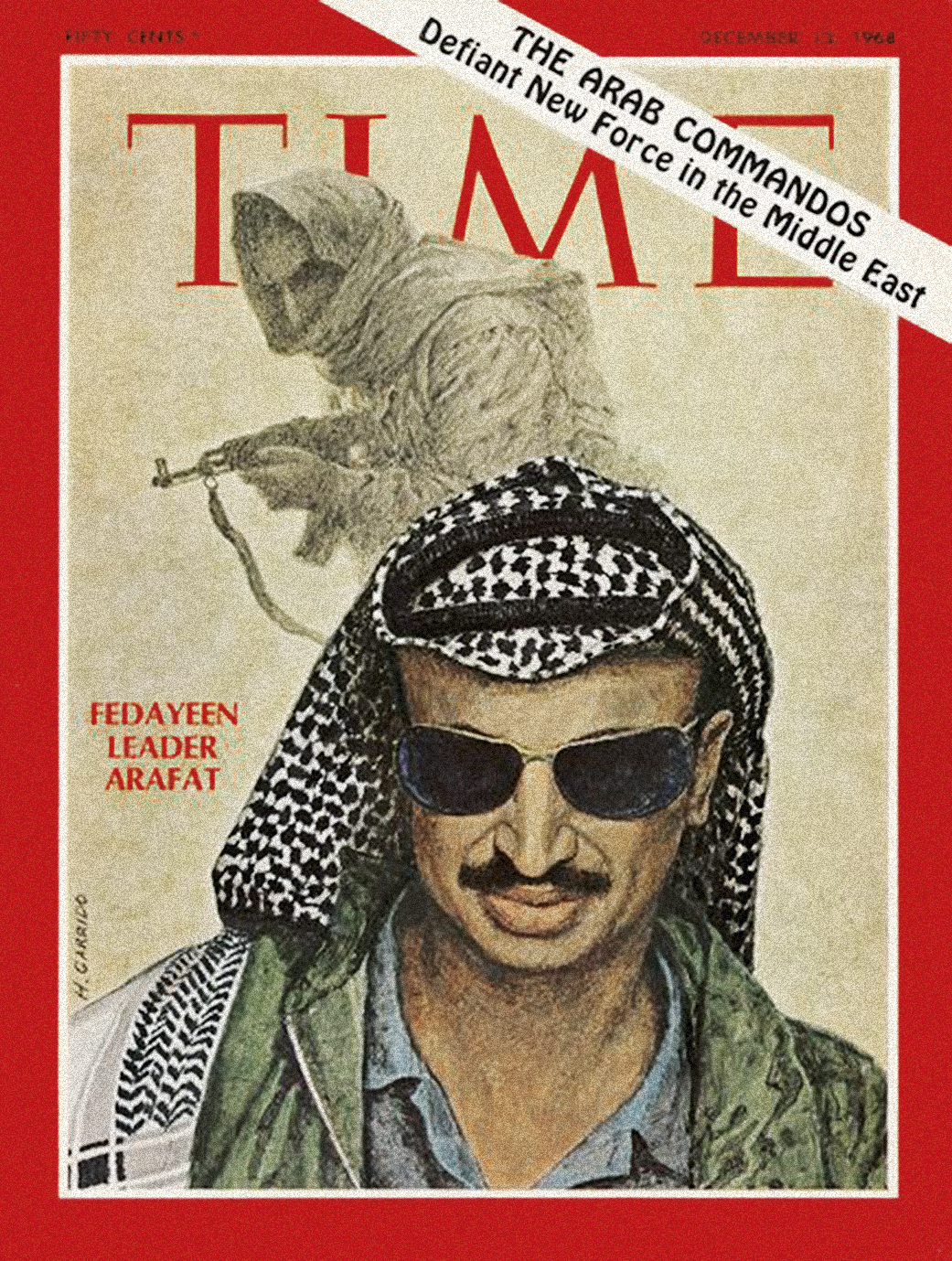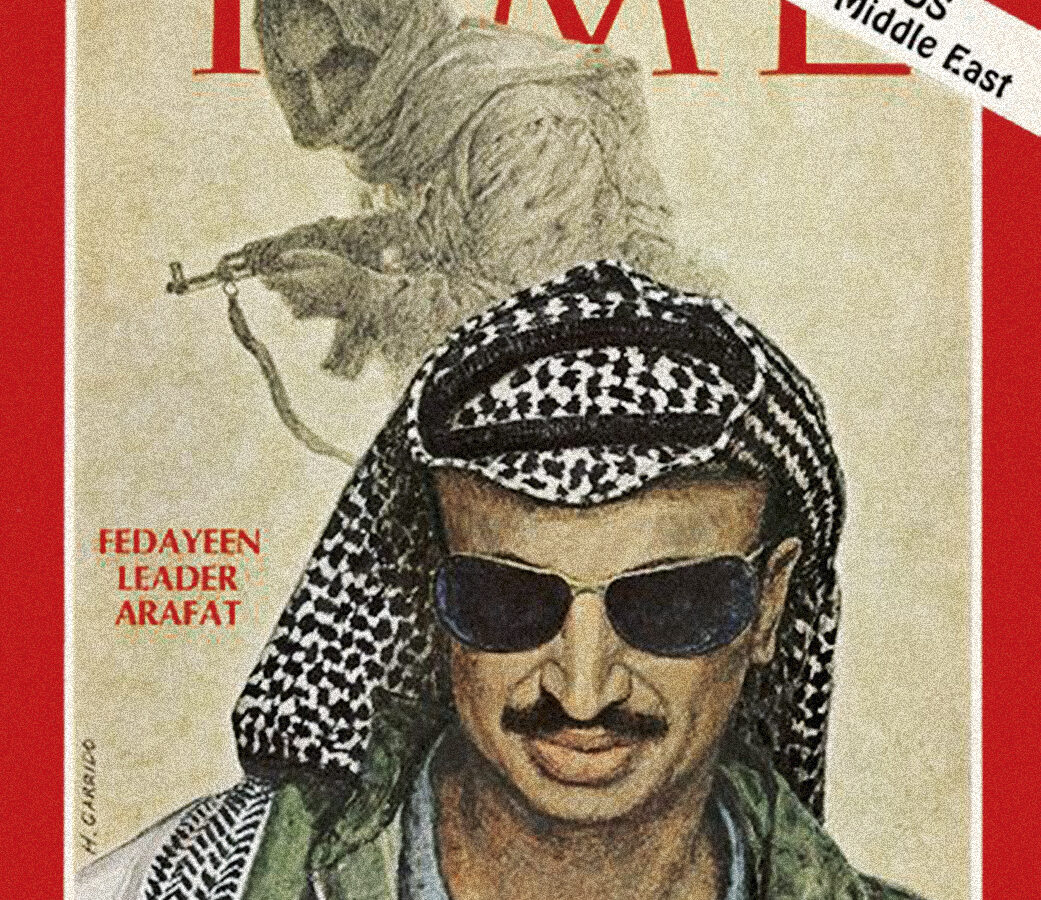The untimely passing of Palestinian negotiator Saeb Erekat marks the end of not only a period, but of a generation. Almost 14 years to the day after the death of Yasser Arafat, Erekat succumbed to complications from Covid-19, and it is remarkable to see that even though so many years have passed since Arafat’s death, there are still serious people who, like Erekat, hold on to the belief that a negotiated settlement with Israel is possible, and that a Two-State Solution is viable.
Unlike Arafat, who started his career as a leader of the Palestinian Liberation Organization promoting “radical” ideas, like the liberation of Palestine and freedom for the Palestinian people, Erikat’s career began in what may be considered the final chapter of the PLO. That chapter was marked by negotiation upon negotiation with the hope, unrealistic as it may have been, of reaching a negotiated peace agreement with the Israeli government.
I never met Saeb Erekat, but I know many people like him who, even today, hold on to the belief that Palestinians must never stop negotiating. The belief that cooperation and even collaboration with Israel are critical so that someday a Palestinian state can exist alongside Israel.
Yasser Arafat: A leader of transformation
For three decades, from the mid-1970s to the day he died in 2004 – Yasser Arafat was the most consistent voice for peace in the Middle East. When he spoke at the United Nations in 1974, he said, “I come with an olive branch in one hand and a gun in the other,” and added, “Do not let the olive branch fall from my hand.” Arafat let go of the gun and held on to that olive branch for the rest of his life.
Under his leadership, the Palestinian national movement went from calling for the total liberation of Palestine through a military struggle, to a binational secular democratic state spanning all of Palestine, and from there, to recognizing Israel and denouncing “terrorism.”
Arafat eventually accepted whatever part of Palestine that was made available for his people on the basis of a Two-State Solution and finally signed the Oslo Accords, which led to nothing but more suffering for Palestinians and more control for Israel. The suffering and violent takeover by Israel was not new of course, only this time it had Arafat’s signature on it. From decade to decade, starting in the 1960s, the Palestinian leadership went from revolutionary to accommodating and to what some would say, collaborating. All under the leadership of the same man, Yasser Arafat.
Appearing on the world stage
The first time Yasser Arafat was introduced to the world was in a Time magazine cover story. It was the December 13, 1968 issue, and it featured a dramatic rendition of Arafat on the cover and an armed Palestinian fighter in the background. Arafat was described as “Fedayeen Leader” and the caption across the top read, “The Arab Commandos, a Defiant New Force in the Middle East.”

The piece began as follows, “The revolution of Fatah exists! It exists here, there and everywhere. It is a storm, a storm in every house and village.” The article quoted from the “Voice of El-Fatah” radio. It went on to describe it.
Faithful and unfailing as the muezzin’s call from the minaret, that heady cry goes out nightly from a radio station in Cairo to the Arab lands. It is the “Voice of El Fatah,” speaking for the Arab commando organization whose bands of raiders cross each night into hated Israel, bent on bringing death, destruction and terror. To Arabs huddled in wind-chilling refugee tents outside Amman, sipping thick coffee in drawing rooms in Damascus, or lounging in the common rooms of the American University of Beirut.”
Arafat made it to the cover of Time largely because of the fame that followed the Battle of Karama. It was in May of 1968 that Israel decided to invade Jordan and punish the Palestinian fighters in the village of Karama, which incidentally means dignity in Arabic. The “El-Fatah” forces had been quite literally terrifying Israel. Every Israeli, even children, became aware of the dangers of what we knew as “Al-Fatah” and “Fedayeen.”
I describe the battle and the precise force that Israel mobilized for this invasion in my book, “The General Son.” For now, suffice it to say that it was an enormous, cumbersome force that turned out to be as clumsy as it was bulky. The operation included ground and air, commando and paratrooper as well as tank divisions. The tanks got stuck in the mud and the whole thing was a terrible blunder with the Israeli forces being humiliated and paying a heavy price.
Although Palestinian and Jordanian forces also paid a heavy price, they saw the previously victorious Israeli army leave with its tail between its legs. The Battle of Karama came to be known as a military victory and a morale boost for all Arabs, but none more than the Palestinians with Yasser Arafat as their leader. Arafat was based in Karama, and his forces prevailed. It was in the aftermath of Karama that his name appeared to the outside world.
UN General Assembly, 1974
In his first appearance in front of the UN General Assembly in 1974, Arafat stood wearing his famous Keffiyeh and carrying a pistol. Not unlike Che Guevara and other revolutionaries who spoke at the UN, Arafat spoke as a true revolutionary. He spoke not only about the plight of his own people but of that of other nations who suffered the indignation and oppression of imperialism and settler colonialism. He spoke harshly and truthfully about Zionism, about the racism and violence that it brought to his land and his people:
Just as colonialists in Africa used religion, color, race, and language to justify exploitation and cruel subjugation, so too are these methods employed in Palestine.
Zionism is an ideology that is imperialist, colonialist, racist.
It pains our people greatly to witness the propagation of the myth that its homeland was a desert until it was made to bloom by foreign settlers, that it was a land without a people, and that the colonialist entity caused no harm.
Those who call us terrorists wish to prevent world public opinion from discovering the truth about us. They seek to hide the terrorism and tyranny of their own acts.
When we speak of our hopes for the Palestine of tomorrow we include all Jews now living in Palestine who choose to live with us in peace and without discrimination.
I call upon Jews to turn away one by one from the illusory promises made to them by Zionist ideology and Israeli leadership. They are offering Jews perpetual bloodshed, endless war.
We offer them the most generous solution, that we might live together in a framework of just peace in our democratic Palestine.”
He ended his speech with the words, “I have come bearing an olive branch and a freedom fighter’s gun. Do not let the olive branch fall from my hand. I repeat: do not let the olive branch fall from my hand.”
As Arafat was making this speech, his top emissaries in Europe were making contacts with renegade Israeli figures like my father, Matti Peled, at that point a retired Israeli general, and Uri Avneri, a veteran of the 1948 war and a journalist. Although both of them had come out criticizing Israel for its treatment of the Palestinian people and called for an end to the occupation of 1967, both were staunch and patriotic Zionists.
Connecting with Avneri and my father marked a departure from the previous PLO policy of dealing only with anti-Zionist elements in Israel. It clearly demonstrated a shift in thinking at the highest echelons of PLO leadership.
The contacts between Zionist Israelis and top PLO diplomats like Sa’id Hamami in London and Issam Sartawi in Paris, both of whom were consequently assassinated, took place under the auspices and full support of several notable figures. These included the former German Chancellor Willy Brandt, Austrian Chancellor Bruno Kreisky, King Hassan II of Morocco as well as non-governmental groups like the Quakers and particularly individuals like Landrum Bolling.
From the Israeli perspective, the purpose of these meetings was twofold: To legitimize the PLO in the eyes of Israeli public opinion – in which they failed – and to convince Yassar Arafat to recognize Israel and accept the Two-State Solution. The latter objective succeeded but proved catastrophic for the Palestinian people.
A shift
In 1988 Arafat was once again invited to speak at the United Nations General Assembly. However, as a result of Israeli pressure, the Regan-Bush administration did not grant him entry into the United States and the General Assembly had to meet in Geneva instead. The 1988 speech that Arafat gave was very different from his 1974 speech.

By 1988, Arafat had taken a new position on Israel and the recognition of the Zionist State was integral to his speech. No more revolutionary. Instead, appeasing. It was about asking for negotiations and peace rather than justice and an end to racism and settler colonialism.
I have come to you in the name of my people, offering my hand so that we can make real peace. On that basis I ask the leaders of Israel to come here, under the sponsorship of the United Nations, so that together we can forge that peace.
Our people, who seek dignity, freedom and peace for themselves and security for their State, want the same thing for all the States and parties involved in the Arab-Israeli conflict.
Here, I would address myself specifically to the Israeli people
Let us make the peace of the bold, of the courageous,
I have come to you in the name of my people, offering my hand so that we can make real peace, peace based on justice.”
Talk of peace with Israel replaced freeing Palestine from Israel.
Till when?
As these words are being written, the Palestinian Authority reportedly announced its willingness to resume military and civilian coordination with Israel. If there is any criticism today towards the generation of negotiators comprised of people who, like Saeb Erikat, believed that negotiating and talking was the only way forward, it is that they didn’t know when to stop. Missing what became obvious to many, that three decades of Palestinian concessions were only making things worse for the Palestinians.
Once the PLO committed to the Two-State Solution, it held on to it and, in fact, continues to hold on to it today. For decades, Israel claimed that the Palestinians were using the Two-State Solution as a stepping stone to replacing Israel through the creation of a Palestinian state on all of historic Palestine. But that is little more than what some would call “projecting.”
It was Israel who used the endless and fruitless negotiations as a tool by which to take more and more Palestinian land, to “Judaise,” as they call it, more and more of Palestine, and to complete its plan of ethnic cleansing, genocide, and deepening of the apartheid regime.
One grieves the loss of a dedicated man like Saeb Erekat, and one grieves even more that Palestine is disappearing before our very eyes.
In his 1974 speech at the United Nations Yasser Arafat warned the world not to let the olive branch fall from his hand. The truth is that he himself held on to the olive branch with such ferocity that one might say it cost him his own life.
Feature photo | Then-Vice-President Joe Biden shakes hands with Palestinian Chief negotiator Saeb Erekat upon Biden’s arrival in the West Bank city of Ramallah on March 9, 2016. Mohamad Torokman | Reuters
Miko Peled is an author and human rights activist born in Jerusalem. He is the author of “The General’s Son. Journey of an Israeli in Palestine,” and “Injustice, the Story of the Holy Land Foundation Five.”


